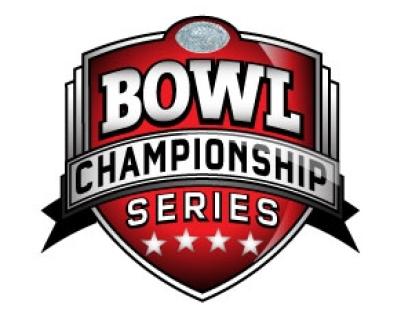
by Dr. Boyce Watkins, Syracuse University – Scholarship in Action
A letter was sent this week by the United States Department of Justice to the NCAA, stating that it has received several requests for an anti-trust investigation into the league’s current Bowl Championship Series (BCS) structure. The system is being criticized for making it difficult for teams in some conferences to qualify for the major bowls, costing them millions of dollars in revenue.
"Serious questions continue to arise suggesting that the current BCS system may not be conducted consistent with the competition principles expressed in federal antitrust laws," Assistant Attorney General Christine Varney said to NCAA President Mark Emmert.
The letter resulted shortly after Senator Orrin Hatch, R-Utah, asked Attorney General Eric Holder to get involved in the matter. Hatch is an outspoken critic of the current system. Holder then told Hatch that a letter had been sent.
The letter, written by Varney, asks the NCAA why they do not have a playoff system when other sports have one. It also asks what steps have been taken to institute a playoff. Finally, the letter asks the NCAA if they can determine if there are parts of the BCS system that are not in the best interest of fans.
The NCAA is not required to respond to the letter, but legal experts expect them to do so. Although many anti-trust experts have considered the NCAA vulnerable to a Justice Department investigation for years, some don’t expect anything to happen after this letter is written:
"There is a problem, but not an antitrust problem," Gordon Schnell of the New York firm Constantine Cannon told CNN.
What’s most interesting about this NCAA anti-trust inquiry is that these particular violations are only considered by our politicians because fans are affected. The NCAA has long colluded to violate the labor rights of its athletes, many of whom are African American. The billions earned by the NCAA at the hands of unpaid college athletes serves as arguably the greatest wealth extraction in the country right now. So, the anti-trust concerns are not simply in the market for football entertainment; they also exist in the labor market for college athletes.
The lawsuit filed on behalf of former college basketball star Ed O’Bannon provides hope that the NCAA’s labor and business practices will eventually be modified. Someone must confront the NCAA eventually and that confrontation will likely occur in the court of law. College athletes deserve the right to sell their services to a free labor market like everyone else, and that market should not be allowed to exist as a communist sweatshop.







No comments:
Post a Comment